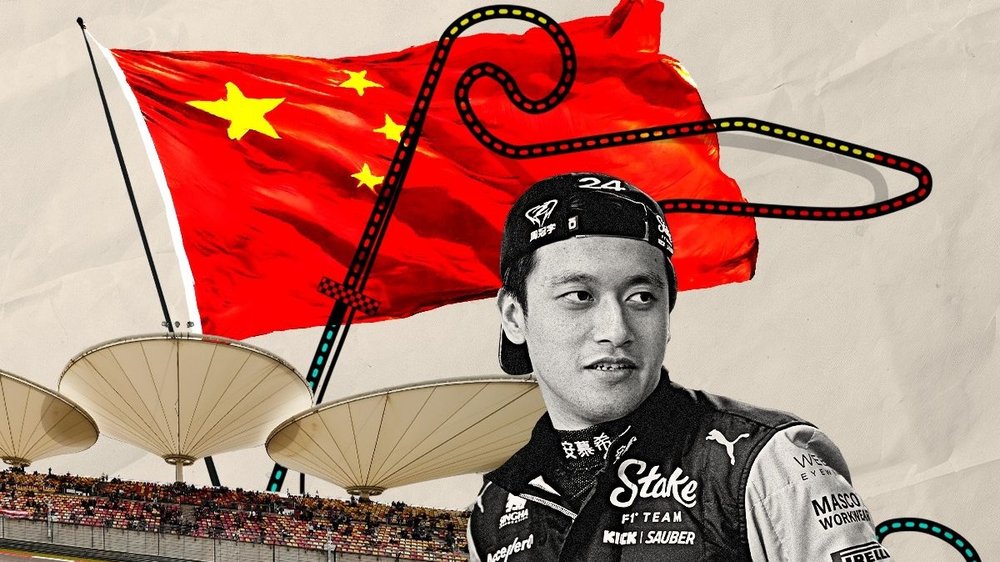Online ticket sales for the 2024 Chinese Grand Prix launched at 8 p.m. China Standard Time on January 9th of this year, and by 8:01 the operation was in trouble. Overloaded servers wreaked havoc on a system designed to link pre-ordered tickets with either a national ID or an international passport, blocking buyers who thought they had already, in some ways, won the lottery. Chaos and frustration ensued. “There was such a backlash online as to how JUSS Sports, the ticket sales promoter, messed it up so badly,” says Zhou Haoran, F1 Guest Commentator at Shanghai Sports TV. But it’s not entirely surprising that technology crumbled in the face of a historic moment.
This weekend the dam breaks on five years of pent-up excitement around the Chinese Grand Prix, its first running since 2019. The country’s strict zero-Covid policy made hosting a Formula One race weekend impossible until the rule’s cancellation in 2022—by which time it was too late to secure Shanghai’s place in the schedule for 2023.
It’s not just the return of the race, it’s also Zhou Guanyu. The 24-year-old driver for Kick Sauber is the first-ever Chinese driver to race in Formula 1, representing a country whose motorsports history isn’t much older than he is. The Zhou Effect—on those fried-server ticket sales, on motorsports in China, on Formula 1 building a fanbase in the country—is real. Though he’s currently in a six-way tie for 15th place in the driver standings, with zero points, none of that matters, because 2024 will be his first time running the Chinese GP. When the green flag drops on Saturday (for the sprint race), he’ll do something no countryman has done before.
It’s not impossible that this could also be one of his last moments driving Shanghai’s course, too.
That’s because the future of the Chinese GP hangs in the balance, with a contract set to end after 2025 and a track that seems increasingly flawed for Formula 1 racing. For a race with an uncertain fate, a melted server is a cause for celebration—for both the race itself, and the country’s nascent motorsports fandom. But will it be enough?
Racing On the Sea
It’s been a long road, but a short three decades, to where motorsports exist today in China. Into the 1980s, private car ownership was nearly impossible. No surprise, then, that motorsports didn’t really land in the country until its citizens had a chance to fall in love with cars. The spark began…
Click Here to Read the Full Original Article at Motorsport.com – Formula 1 – Stories…

